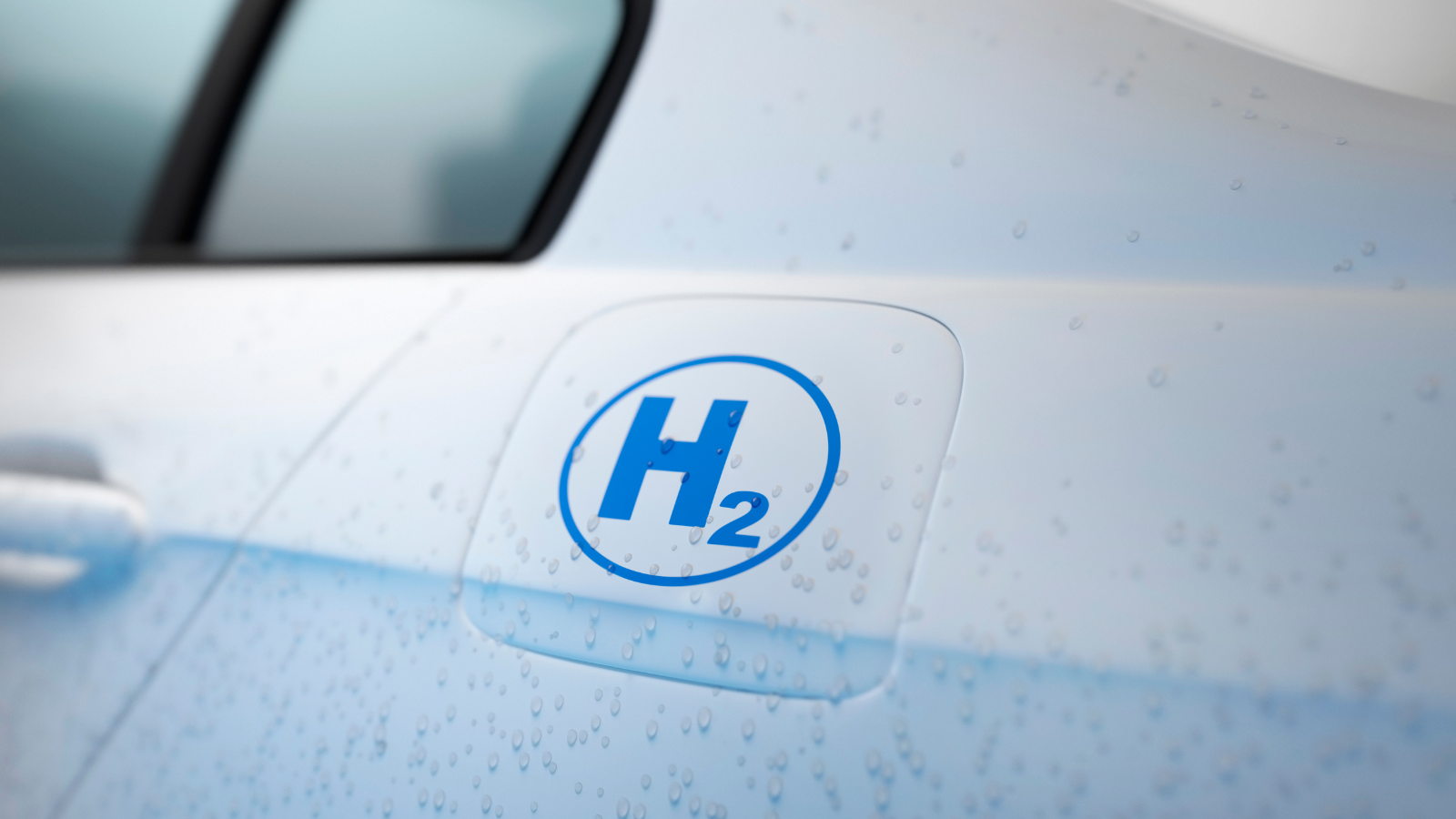New hydrogen locomotives from CPKC and CSX
🛤 New hydrogen locomotives from CPKC and CSX.
Canadian Pacific Kansas City (CPKC) and CSX Corp. have announced a joint venture to develop and deploy hydrogen conversion kits for diesel-electric locomotives, aiming to reduce greenhouse gas emissions in the freight rail industry. The partnership comes in response to the need for a long-term, effective alternative fuel solution to reduce the industry's significant contribution to greenhouse gas emissions. CSX plans to convert one of its diesel locomotives using a hydrogen conversion kit developed by CPKC, with the conversion work taking place at CSX's locomotive shop in West Virginia. This collaboration is seen as a significant step towards proving the viability of hydrogen as a solution for emissions reduction in the rail industry.
The world of sustainable energy is buzzing with excitement about a new water-powered engine, especially in the context of transitioning away from conventional energy sources.
Honda has unveiled its latest hydrogen fuel cell-powered vehicle, the 2025 Honda CR-V e:FCEV, signaling the company's commitment to utilizing hydrogen as a vehicle fuel source.
Nikola made waves with its hydrogen fuel cell electric semi trucks hitting North America, and Biagi Bros. Logistics showcased their new Nikolas on social media shortly after.
Hydrogen - the lightest element - is being touted as a promising clean fuel for the future, particularly in the automotive industry.
Central Asia is making strides in combating climate change with the construction of its first green hydrogen-wind plant in Uzbekistan.
Nikola Corp. recently took its hydrogen fuel cell electric truck for a spin at CES 2024, and we got a firsthand look at what this regional hauler can do.
The perception of hydrogen as a highly flammable and dangerous fuel source is being challenged as the industry emphasizes its safe handling and storage practices.
A new hydrogen production plant aims to solve the problems with refueling and distribution snags.
Many truckers and trucking companies in California are worried about the future due to a recent regulation that requires half of all vehicles to be electric by 2030.
While hydrogen-powered vehicles are still in their infancy, over 18,000 H2 units were sold in 2021 alone and 90% of those units were passenger cars.
The company specializing in the new fuel tech, Brooklyn-based Amogy, is one of the leaders in ammonia-based alternative fuels.
The adoption of hydrogen-powered engines in the trucking industry will depend on a number of factors, including the availability of hydrogen fuel, the development of supporting infrastructure, and the overall cost and performance of these engines compared to other alternatives.
The U.S. Department of Energy must be feeling generous after a commitment of $750 million to assist in lowering the cost of lower the cost of hydrogen technologies for heavy-truck fuel cells, hydrogen delivery, and hydrogen storage.
Based in Albany, New York, Plug Power is developing what they have called a “green hydrogen highway.”
Glasgow-based Hydrogen Vehicle Systems (HVS) has unveiled its new clean-sheet-designed hydrogen commercial vehicle, a 40-ton zero-emission HGV (Heavy Goods Vehicle).
In order for hydrogen fuel cell electric vehicles to be embraced at a larger scale in the commercial vehicle world, there are many challenges that first must be mastered.


















Imagine it's 2024 and the U.S. is on the brink of a modern-day gold rush, but this time, it's all about a new, clean energy source buried right beneath us—geologic hydrogen.